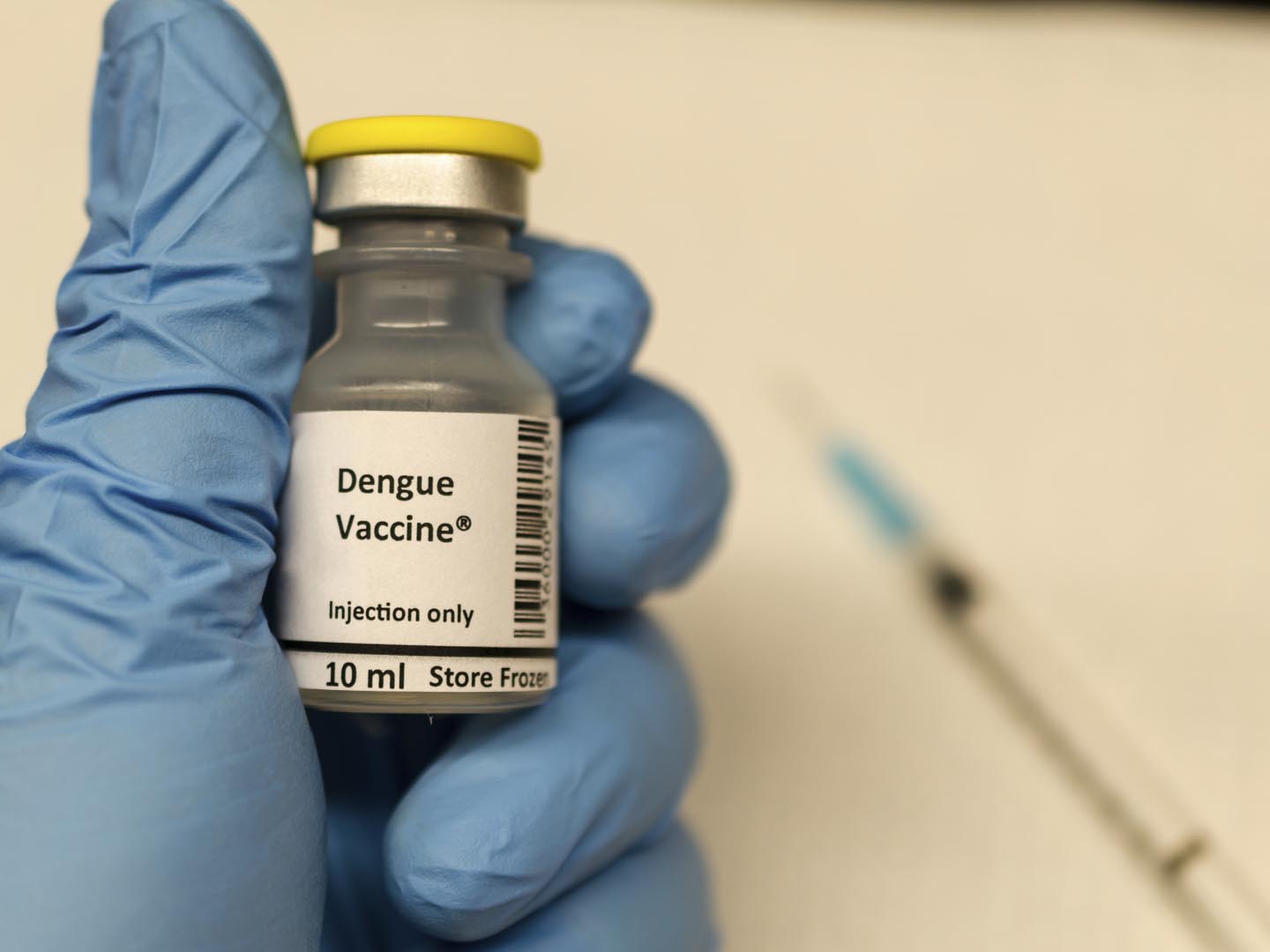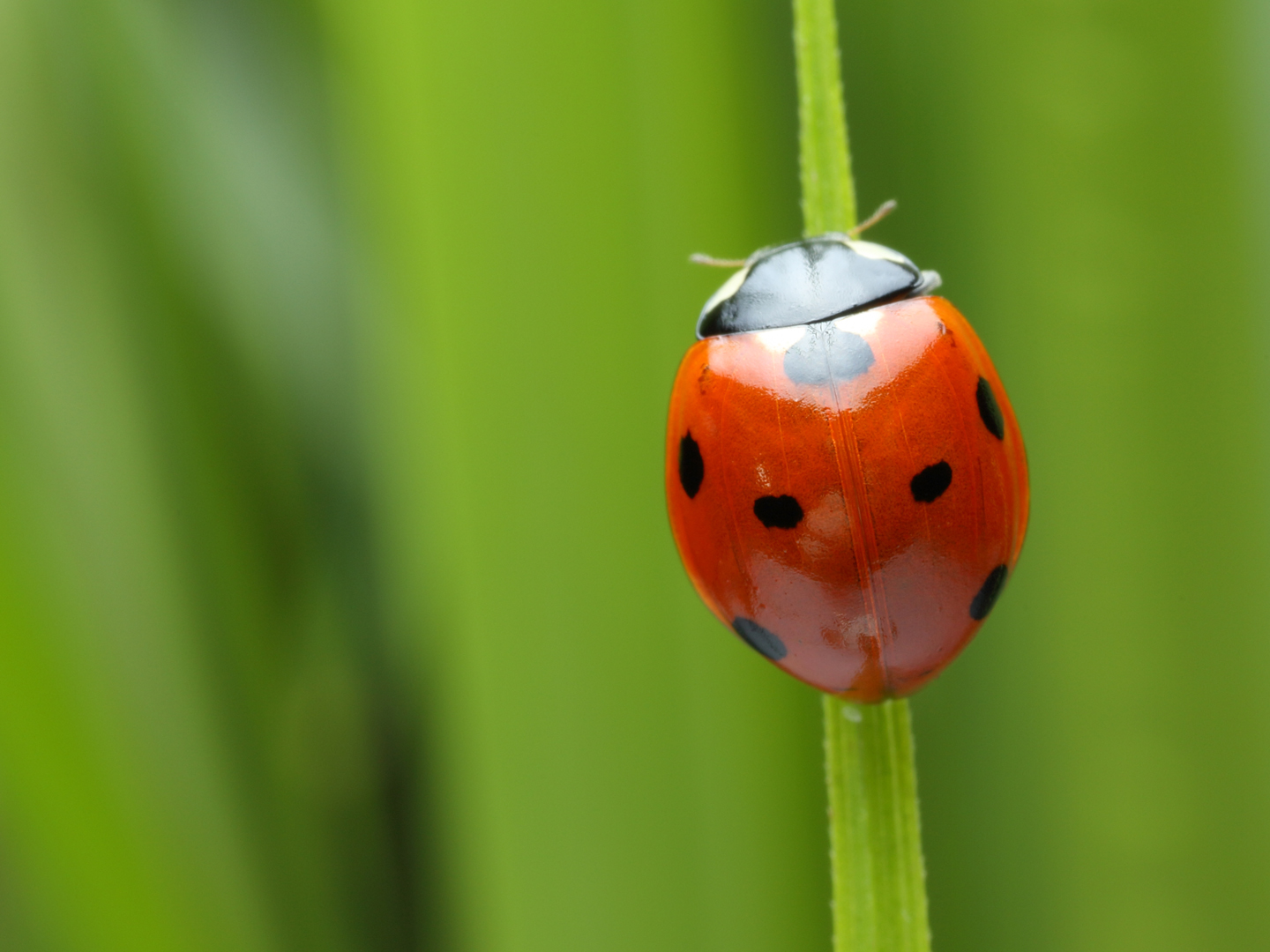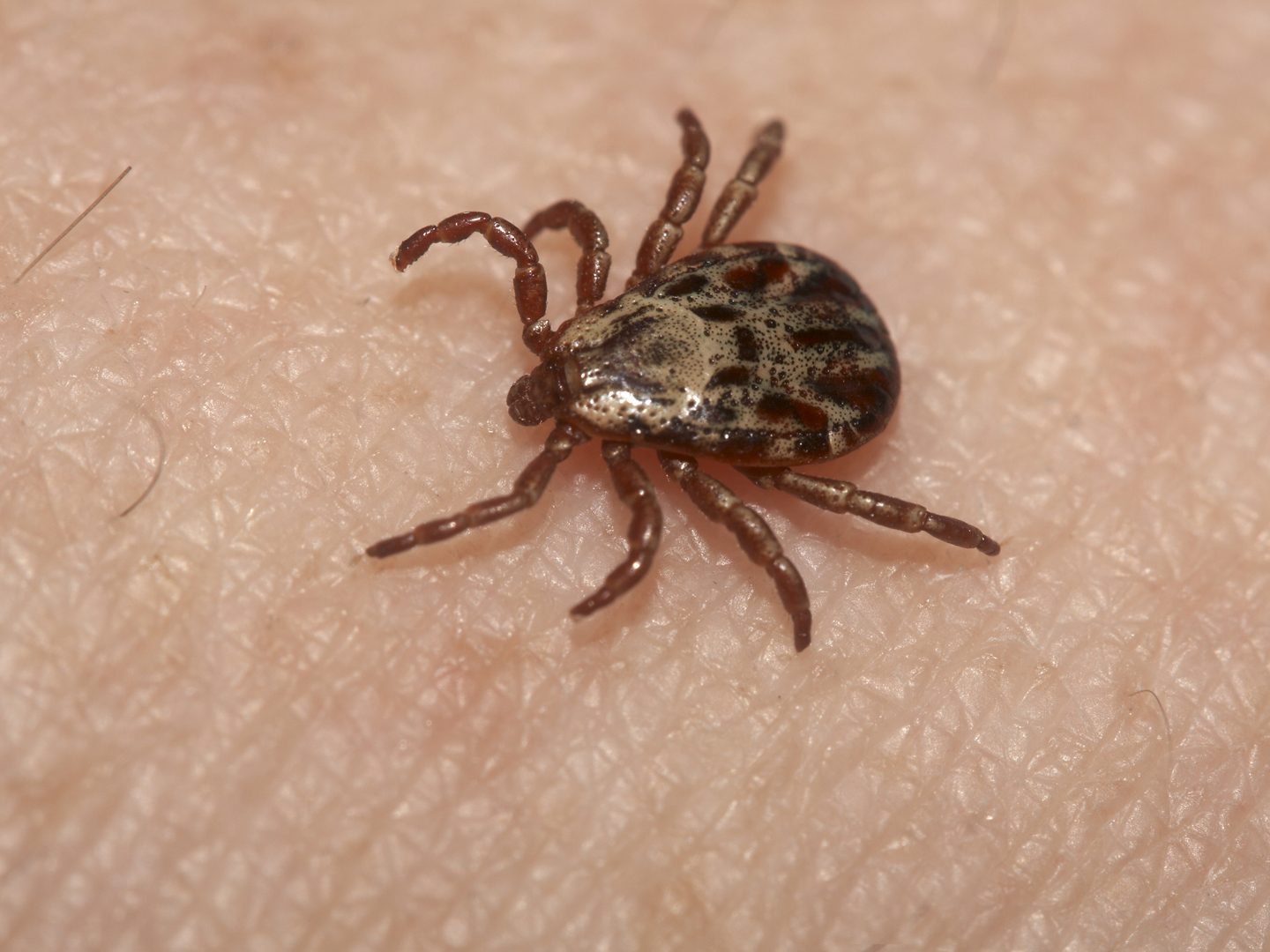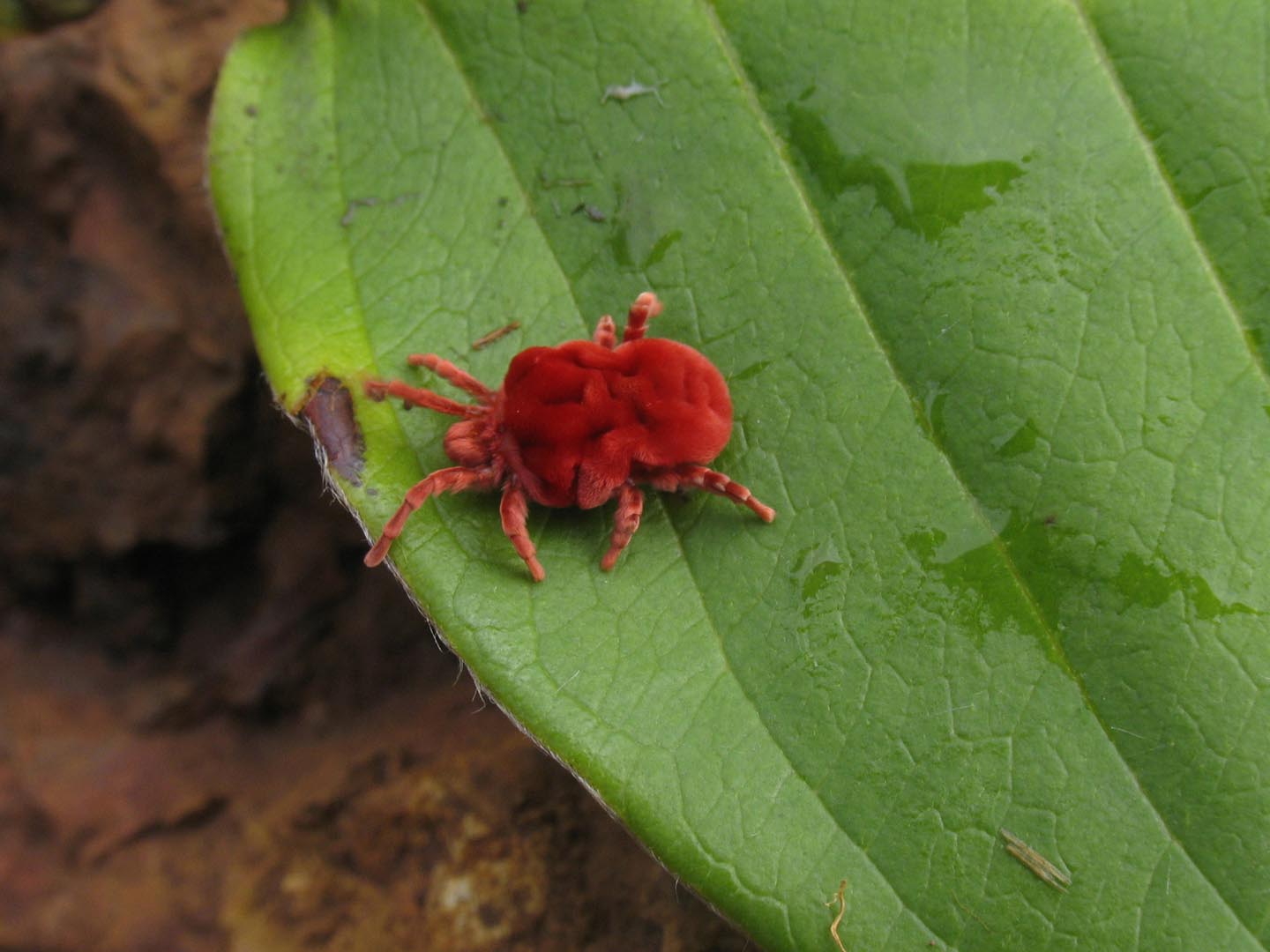Dengue Fever Danger?
How do you protect against dengue fever? I heard that it could soon be a threat in Florida.
Andrew Weil, M.D. | September 7, 2010

Dengue fever is a viral infection you can contract only if you’re bitten by an infected Aedes aegypti mosquito. You can’t get it directly from an infected human. The disease is epidemic in Puerto Rico, the Caribbean islands and Latin America, and some experts have warned that it could also return to Florida after an absence of 75 years. Already, researchers from the U.S. Centers for Disease Control and Prevention (CDC) have reported that five percent of the population of Key West, Fla. (more than 1,000 people) have been infected with the dengue virus. That estimate was based on random blood tests in the area.
Symptoms of dengue fever include high fever, severe headache, and severe pain behind the eyes, plus joint pain, muscle and bone pain, rash, and mild bleeding from the nose or gums; you also can bruise easily.
A virulent form, dengue hemorrhagic fever (DHF), can be fatal if not diagnosed and treated quickly. In DHF the fever lasts from two to seven days. During this period, symptoms are the same as they are with dengue fever, but when the fever drops, persistent vomiting, severe abdominal pain, and difficulty breathing can develop. Small blood vessels may leak into body cavities, causing circulatory system failure and shock; but with good medical management, death due to DHF is less than one percent.
If dengue fever becomes a threat in your area, your best bet is to take all measures to avoid bites from mosquitoes. Get rid of any items in your outdoor space where water collects and mosquitoes could breed – this includes plastic containers, outdoor water dishes for pets, and any other water receptacles.
The CDC recommends using insect repellant containing DEET, which I find nasty and toxic. However, you don’t have to spray it on your skin. If you take the CDC’s advice (and you should) to wear long-sleeved shirts and long pants when you’re outdoors, you can spray the repellant on your clothing. (Mosquitoes can and do bite through cloth.) Make sure your window screens are in proper repair so that the bugs can’t invade your house. Put mosquito netting over infant-carriers whenever you take a baby outdoors. The other repellent recommended by the CDC is picaridin, which is reputed to be as effective as DEET but is light, odorless and, reportedly, more pleasant to use. Picaridin has been widely used elsewhere in the world since 1998 and is recommended by the World Health Organization as the best protection against malaria. According to the EPA, picaridin presents about the same toxicity risks as DEET.
I recommend the following insect repellants:
- Products containing geraniol: some research suggests that this natural plant-derived substance is effective.
- Neem oil, from Azadirachta indica, an Indian tree: in one study, neem oil provided significant protection for up to 12 hours.
Andrew Weil, M.D.









